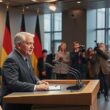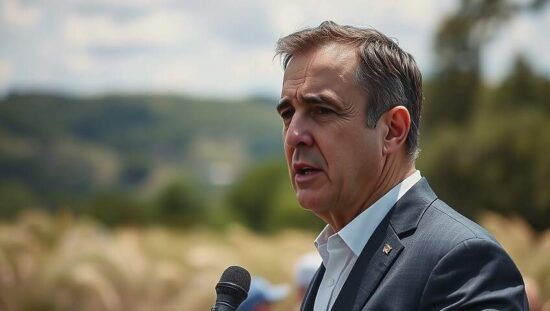Markus Söder, leader of the Christian Social Union (CSU), has expressed reservations regarding the potential deployment of German soldiers in Ukraine. Speaking on Sunday, Söder indicated a cautious approach, questioning both the Bundeswehr’s capacity to make a substantial contribution and the overall effectiveness of such a move. He emphasized that any involvement would be contingent on U.S. participation. Turning to domestic defense policy, Söder firmly advocated for the reintroduction of mandatory military service, arguing it is essential for the long-term defense of both national and NATO borders.
Regarding the relationship with CDU leader Friedrich Merz, Söder characterized it as the “historically best” between CSU and CDU party leaders, at least for the last three decades. He addressed the recent decision to partially halt arms exports to Israel, noting that Merz made a “policy decision” in this instance, which should be respected. Söder underscored the CSU’s stance against imposing sanctions on Israel or altering the established special relationship between the two countries, an issue raised by some within the Social Democratic Party (SPD).
In terms of foreign policy, Söder awarded the current government, led by Chancellor Merz, a strong performance assessment, praising the progress made, particularly in comparison to the previous administration. Responding to Merz’s statements at a recent CDU party congress regarding the government’s achievements, Söder drew a parallel to a football match. He acknowledged a strong start but pointed to recent setbacks, such as issues concerning electricity pricing and judicial appointments, which he said had impacted public sentiment.
Söder asserted that the CSU is not dissatisfied with the government’s performance overall, highlighting the party’s active role in influencing policy and achieving concrete results. He contended that the CSU, as a regional party representing Bavaria, had been marginalized in recent years, specifically by the current coalition partners, the SPD and the Greens, but that this situation has now been resolved.





